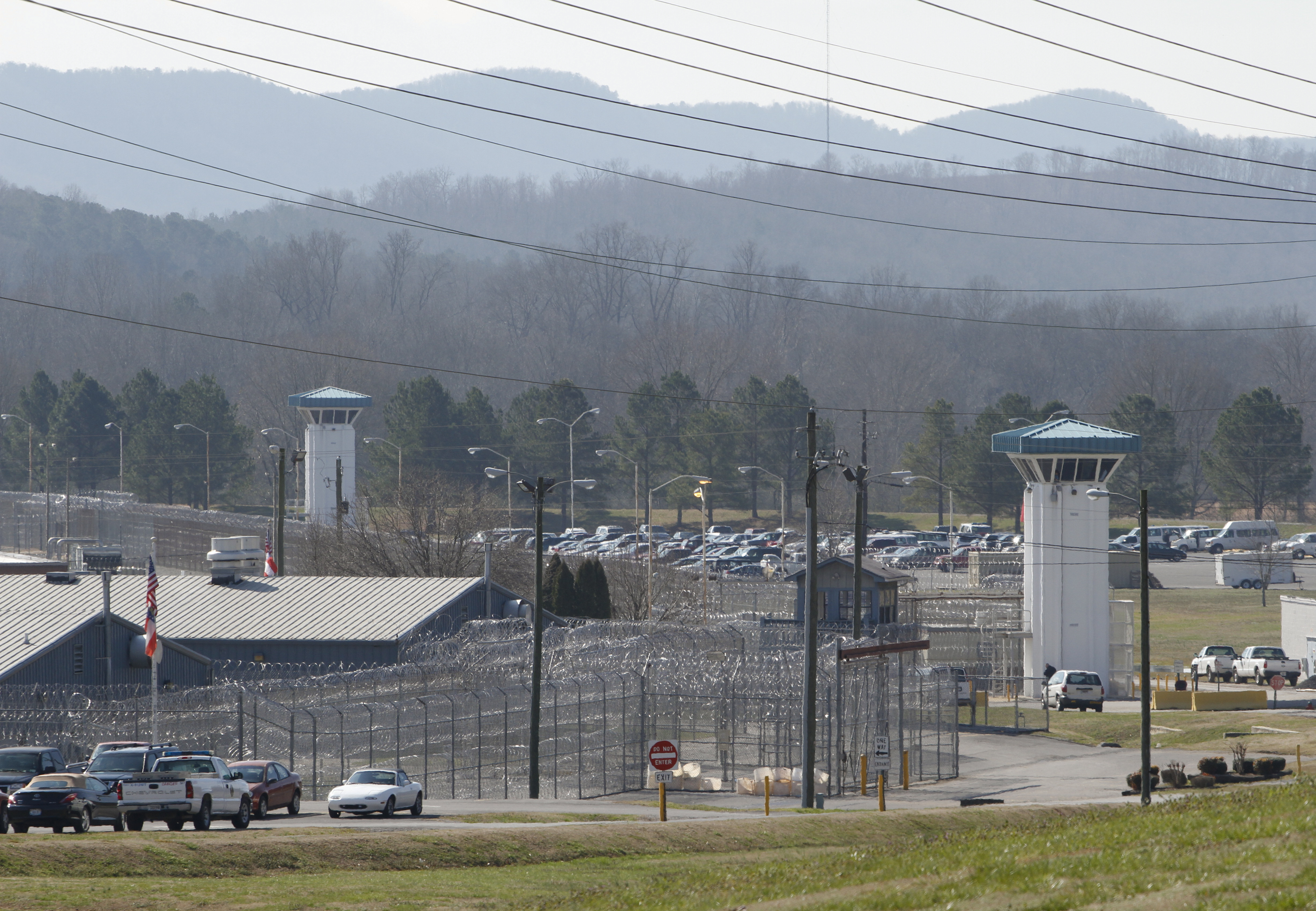$250,000 records fee might mean there's plenty to hide
Friday, January 1, 1904
A quarter of a million dollars can buy a lot of things, but for Georgians trying to get to the bottom of the troubles surrounding Hays State Prison, $250,000 isn't even enough to get the facts.
In recent months, the Trion, Ga., prison has been plagued with security failures, scandal and deaths. Since last December, four inmates have been murdered. Last year, three guards were violently attacked. One was stabbed 22 times. Another was beaten with a cane until his face was bloodied and battered.
A Georgia state audit indicated that some of the prison's locks and the lighting system that signals to guards when a cell was unlocked had been broken for years, allowing prisoners to leave their cells. The broken locks, according to a former Hays officer, allowed at least one of the murders to occur.
While Clay Tatum, who served as the Hays State Prison warden at the time of the prisoners' deaths, has been replaced, many questions remain.
The Southern Center for Human Rights, an Atlanta-based nonprofit, public interest organization, sought to answer some of those questions through the Georgia Open Records Act. By using the state's freedom of information laws, the organization hoped to determine why the prisoner deaths occurred, how long the prison had ignored the malfunctioning locks and whether current inmates and guards are any safer.
The Georgia Department of Corrections' Office of Legal Services responded to the Southern Center's request for public records with a letter demanding an astounding $253,267 in fees the organization would have to pay review the documents.
Included among the fees the Georgia Department of Corrections has levied on the Southern Center are:
• $80,000 to obtain public records related to two inmates murdered at Hays State Prison.
• $80,000 to receive documents pertaining to security audits at Hays State Prison and Baldwin State Prison since 2009.
• $80,000 to review audits, emails and other documents related to the prison's broken locks.
• $10,667 for all Department of Corrections employees to search for emails pertaining to malfunctioning locks.
To date, the Southern Center has been unwilling to pay the exorbitant and outrageous fees. And rightfully so.
Georgia's government transparency laws are designed to, among other things, "foster confidence in government and so that the public can evaluate the expenditure of public funds and the efficient and proper functioning of its institutions."
It doesn't seem that charging a small nonprofit more than a quarter million bucks in fees is in line with the Georgia open records law's stated commitment to open, transparent government -- especially given the fact that the Southern Center was clearly seeking to "evaluate" the "proper functioning" of a vital state institution -- a state prison.
So how did the Georgia Department of Corrections legal team devise the lofty figures it quoted the Southern Center? It's impossible to say for sure, since no one from the Office of Legal Services would respond to calls from Joy Lukachick, the Times Free Press writer who reported the story, or the Free Press editorial page.
It's certainly hard to take the department's fees seriously given the fact that the estimate claims that fulfilling the Southern Center's broad, but not unreasonable, records request would take 31,333 staff hours -- or more than 15 years for a person working eight hours a day, 50 weeks a year.
Clearly, the Georgia Department of Corrections concocted the outrageous fee to prevent the Southern Center from obtaining the information about Hays State that the group is seeking. But why?
It turns out that the Southern Center has a reputation of suing the state ... and winning. The organization, among other things, "challenges human rights violations in prisons and jails," according to its website. It's certainly not hard to imagine that the records the Southern Center is requesting might indicate that the prison failed to provide secure locks and didn't adequately protect prisoners. It's also reasonable to assume that such revelations could turn into a lawsuit against Hays State and the state Department of Corrections.
The Georgia Department of Corrections' unwillingness to work with the Southern Center to make public records accessible at a reasonable cost indicates that someone has something to hide. Abusing and manipulating open records laws to keep public records out of the hands of the public will not make that fact any better. It will only delay the effort to make Hays State Prison a place that is responsible, accountable and safe for guards and prisoners alike.

